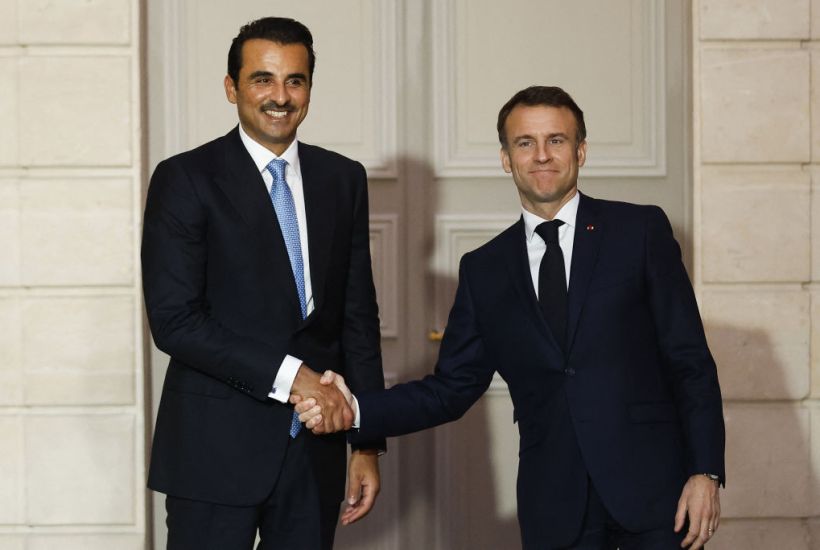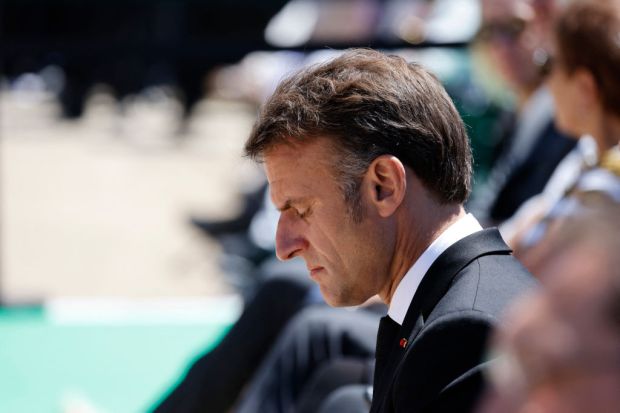Alexei Navalny is being laid to rest in Moscow today, a fortnight after the Russian opposition leader was found dead in a gulag in the Arctic circle. His death prompted an outpouring of grief but also anger among Western leaders. Joe Biden, Rishi Sunak and Emmanuel Macron expressed their sadness at the news and their indignation, pointing the finger of blame for Navalny’s death at Vladimir Putin.
Already a subscriber? Log in
Subscribe for just $2 a week
Try a month of The Spectator Australia absolutely free and without commitment. Not only that but – if you choose to continue – you’ll pay just $2 a week for your first year.
- Unlimited access to spectator.com.au and app
- The weekly edition on the Spectator Australia app
- Spectator podcasts and newsletters
- Full access to spectator.co.uk
Or





















Comments
Don't miss out
Join the conversation with other Spectator Australia readers. Subscribe to leave a comment.
SUBSCRIBEAlready a subscriber? Log in